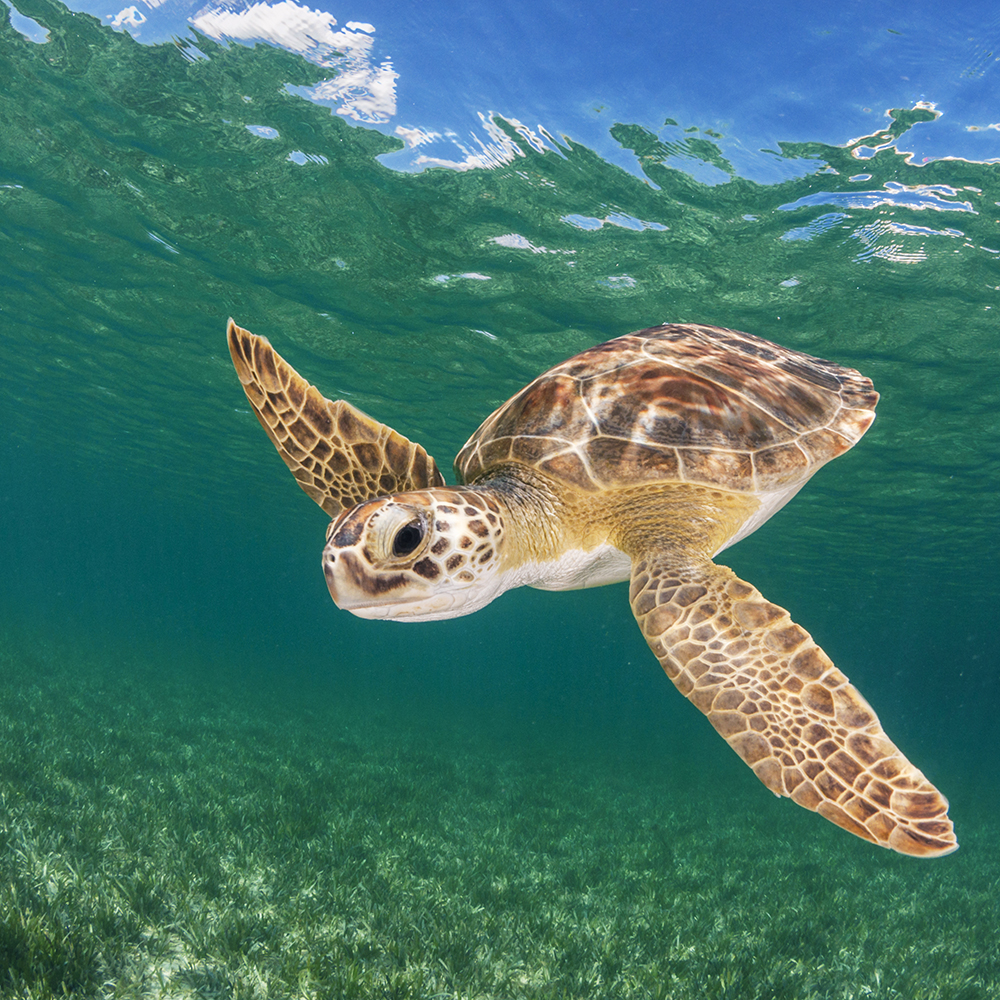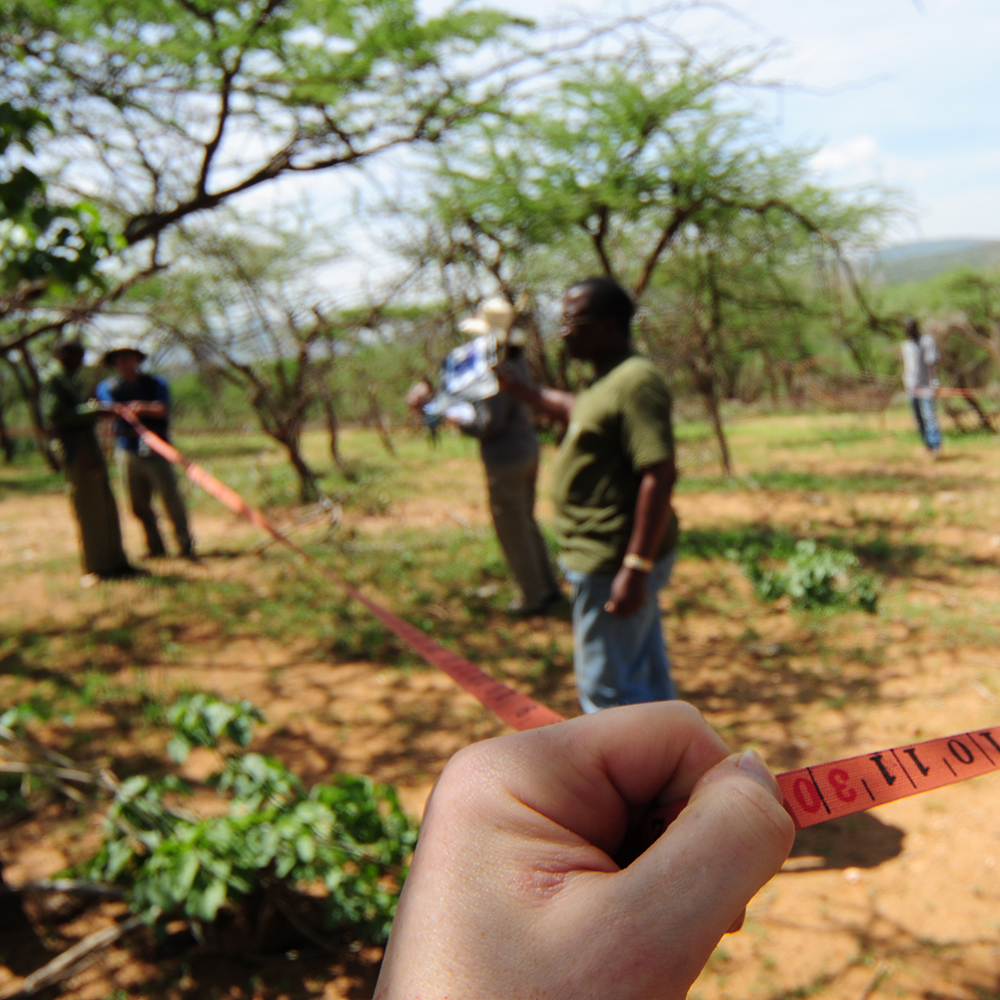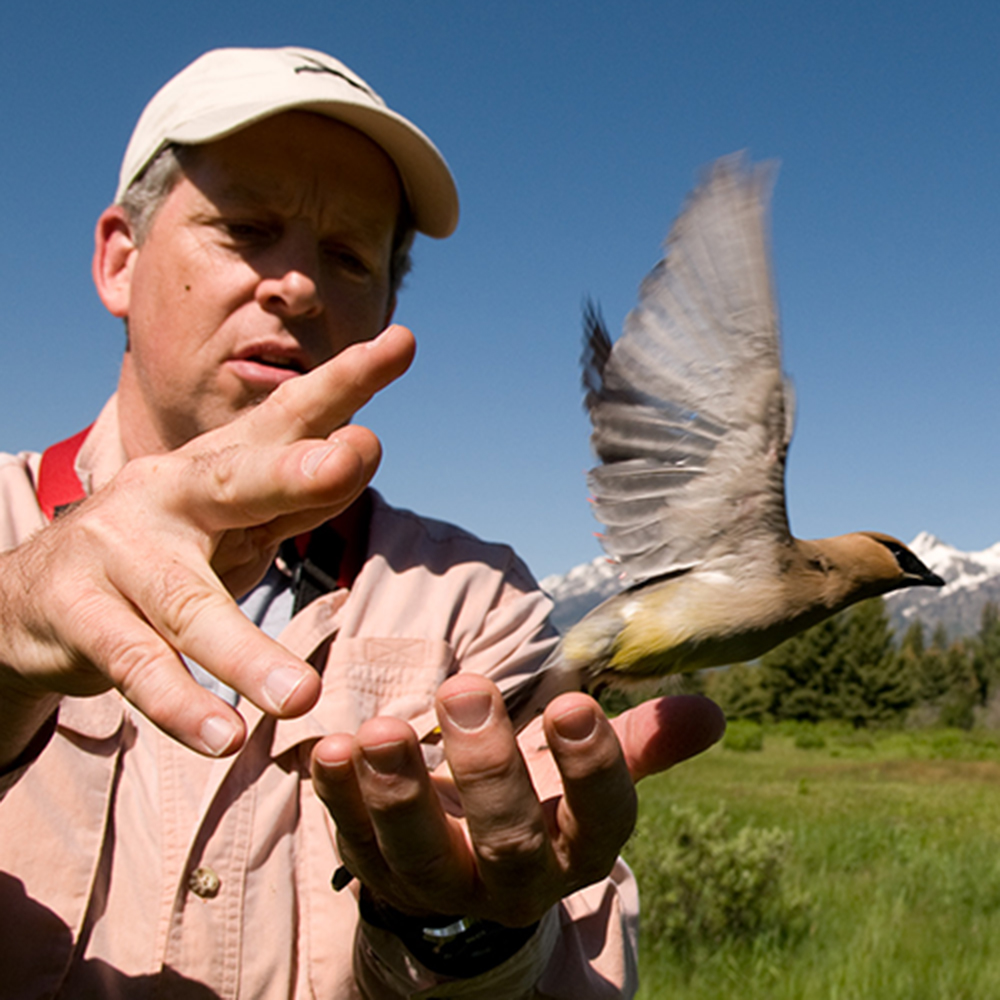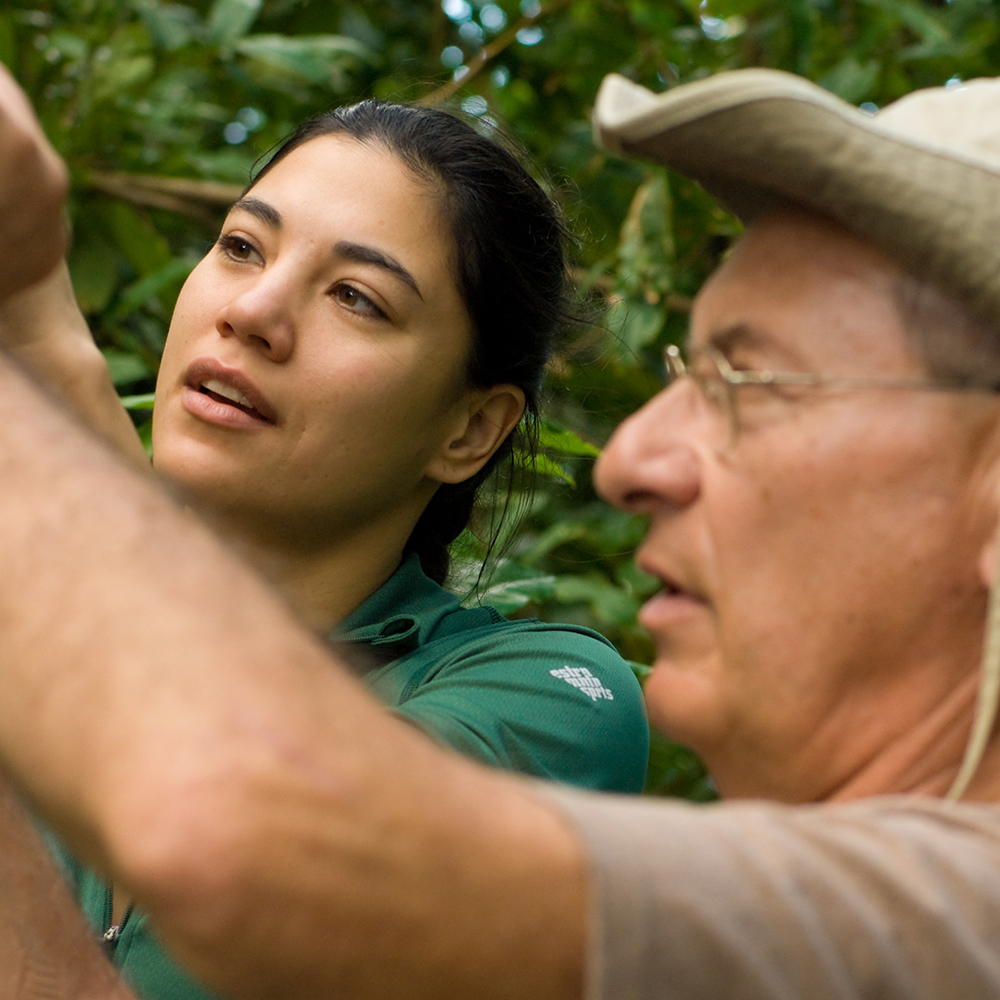Research Outcomes
Passionate people, powerful progress.
We’ve always tracked the impressive impact of the science we support, but as we near our 50th anniversary, we’re charting our progress against the Sustainable Development Goals (SDGs) adopted by every United Nations member state in 2015. These goals provide a shared blueprint by which all governments and organizations can work toward human and ecological prosperity—and Earthwatch projects directly align with a number of these global sustainability targets.
- Around the world, we’re taking the urgent actions needed to combat climate change through our time-tested model of citizen science and community engagement.
- From Brazil’s Atlantic Forest to the Mongolian steppe, Earthwatch projects are helping to promote forest conservation and reforestation and to preserve biodiversity.
- In ocean habitats from Belize to South Africa, we’re helping scientists convince governments to establish protected waters and sustainable fisheries.
- Our Girls in Science program is empowering high school girls to expand their interest in science and to build confidence through hands-on environmental research.
Earthwatch Impacts by the Numbers

1,430 projects
Earthwatch has fielded 1,430 research projects in 131 countries and 46 U.S. states.

2,000+ publications
Earthwatch projects have yielded over 2,000 peer-reviewed research publications.

1,200 policies
Earthwatch research has informed approximately 1,200 official environmental policies and wildlife management plans at the local, regional, national, and international levels.

7+ years of support
Over the past 20 years, Earthwatch projects have received over 7 years of support, on average, compared to an average of 2.75 years of support from the National Science Foundation.

200 miles
As a direct result of a decade’s worth of Earthwatch-supported research, Belize in 2020 passed a comprehensive fisheries bill that protects all rays within 200 nautical miles of its coastline and allows for greater protections of endangered sharks. Not only that, by enlisting local shark fishers to tag and release their catches for pay as part of the project, the research team helped cut in half the total shark catch in Belize from 2018 to 2019.

10,000+ species
Earthwatch-supported scientists have collected data on over 10,000 known species, including many that are new to science.

26,352 photos
Years of Earthwatch research—which recently included the analysis of 26,352 photos of pantropical spotted dolphins and 290 hours of boat surveys by volunteers—helped convince the Costa Rican government to restrict heavy maritime traffic in Golfo Dulce, a critical habitat for spotted and bottlenose dolphins and a calving ground for humpback whales, and to declare the area’s mangrove-lined inner basin a sanctuary for critically endangered hammerhead sharks.

100,000 hours
Collectively, Earthwatch volunteers contribute nearly 100,000 hours of field research annually.

26 years
In the Mackenzie Mountains of Northern Canada, 26 years of permafrost data, much of it collected by Earthwatch volunteers, has revealed an average warming of 0.98°C, bringing all sites studied to within 1°C of thawing. This valuable data set covering a variety of terrain—from the tundra to the treeline to the boreal forest—was used as a benchmark for Parks Canada’s State of the Parks report and was cited in recent Intergovernmental Panel on Climate Change (IPCC) reports, thus contributing to global research efforts.

580 km2
Based on nearly two decades of data collected by Earthwatch scientists and volunteers, South Africa in 2018 established a 580-square-kilometer Marine Protected Area around Robben Island to safeguard seabirds, including the endangered African penguin.

Focal Point: Sea Turtles
Since 1978, over 5,000 Earthwatch volunteers have joined scientists on 21 independent sea turtle field research projects in 14 nations. Together, those volunteers spent approximately 394,192 hours collecting data on all 7 species of sea turtles in 9 unique bodies of water—helping scientists build the case to ensure ongoing protections for these vulnerable creatures. Collectively, those Earthwatch projects produced a total of 171 peer-reviewed research publications and yielded a total of 52 official environmental policies, marine management plans, and protected areas.
Investing in science and people pays off.
People Power
Connecting people to the natural world is at the core of Earthwatch’s mission. By pairing passionate volunteers with leading scientists, our pioneering model of citizen science allows researchers to collect huge amounts of data over prolonged periods, helping them build a rock-solid scientific case for the protection of threatened habitats and species. What’s more, our volunteers return to their daily lives as environmental evangelists, often sharing with friends their newfound appreciation of science and deepened connection to the natural world.


Sustained Support
At a time when federal funding can be fickle, Earthwatch backs more long-term field research than almost any other organization. We provide scientists with the steady financial and volunteer support needed to carry out in-depth, meaningful investigations that support major policy outcomes—an average of over 7 years per project, compared to 2.75 years of average support from the National Science Foundation.
Community Partners
That long-term investment not only means that our scientists are able to tackle ambitious, thorny questions. It means they’re able to form lasting partnerships with local communities and governments to find on-the-ground solutions to environmental challenges that really work. From 2008-2018, at least 91 Earthwatch projects included education outreach or engagement with the local community, and 66 projects employed local community members.

Over the course of our nearly 50 years, we’ve supported eminent ecologists, biologists, archaeologists, and paleontologists, some of whom began working with us as students and post-doctoral researchers. They, in turn, have added new and valuable insights to the scientific community, and inspired countless volunteers to better appreciate the role science plays in addressing our ecological challenges—or even embark on a career in conservation themselves.
The support we’ve received from Earthwatch over the last 19 years has allowed us to develop crucial working relationships with the South African government, local scientists, and a number of NGOs. Because of this, when we were asked to provide management advice based on the data we’d collected, we had the trust and support of our local partners to make sure that advice was fully considered in major policy decisions.
Dr. Richard Sherley — principal investigator for South African Penguins
Experience hands-on science in some of the most astounding locations in the world.
Meet a community of eco-conscious travelers and return home with stories filled with adventure.
YOUR SUPPORT MATTERS
Earthwatch depends on donations—above and beyond what we raise from volunteers who participate in our expeditions—to deliver our global conservation mission. In fact, volunteer contributions provide only half of the total resources Earthwatch needs to sustain over 20 global field research expeditions, a wide variety of educational programs, corporate sustainability trainings, and more each year.